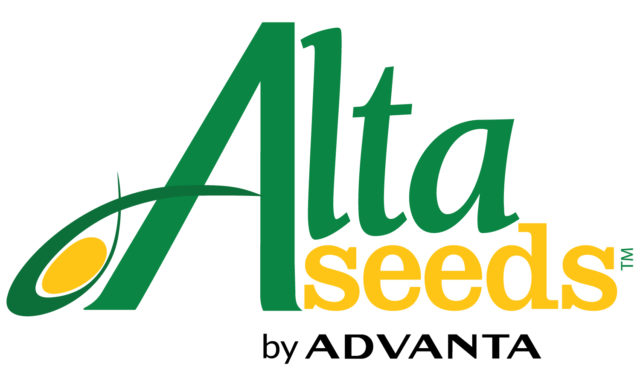In fields across the country, high-horsepower tractors are dragging implements to lay the groundwork for a solid growing year. While the freshly turned soil or the seed drills may bring a buzz of excitement to every producer’s life, it also turns up a number of questions about how the year will proceed.
Starting strong and sticking to your game plan (now is also the time to develop a game plan if you haven’t already) will put you ahead, but what issues will you face? Perhaps your greatest challenge has already presented itself.
As we began putting this issue together, I dreaded what would typically be the highlight of our May issue – water. Living in New Mexico, I’ve seen firsthand the depths of drought and the water crisis so many producers in the West are operating under.
Diving deeper into these issues, we know that it goes far beyond the politics of climate change and is rooted in the concept of water being one of the few basic things needed for survival. While the land here may be plentiful, the ability to produce anything of substance on it relies on access to water.
While every producer has taken measures to cut back on water usage, and managing water allotments has become the ultimate test of strategy, the argument from those outside of the industry is that far too much water is being used to water commercial crops. The crops that are fed to cattle instead of humans are especially vulnerable to criticism.
So many of my family and friends are deeply rooted in these issues, so the topic is personal to me. I think one pair of contributors, Dustin Sawyer and Scott Fleming, did a great job summarizing the issues. The entire article can be found here, but the last paragraph really drives the point home:
“Let’s be clear – nobody is saying that water limits to agriculture production is going to be an easy transition. Further, making a transition to alternative or alternatively grown forages will not be a simple plug-and-play operation. These forages will have different properties, and animal diets will need to be formulated accordingly. Work will need to be done but, like any major shift in ideology, those who lead the charge will be positioned to reap the benefits and become mentors to the late adapters.”
There’s lots of work to be done, but starting early, just like when you are laying the groundwork of a field, will pay off in the end. Change is coming and getting in front of it will prepare you to be a leader in the next phase of forage.











